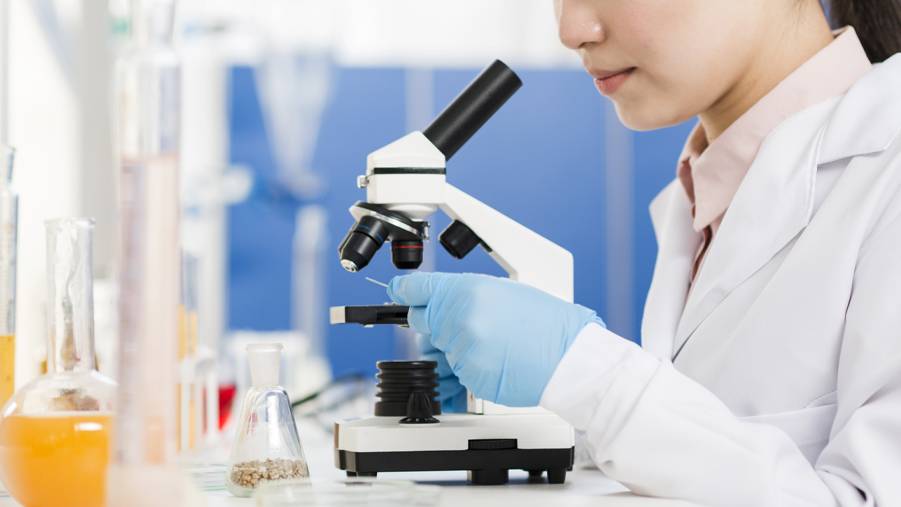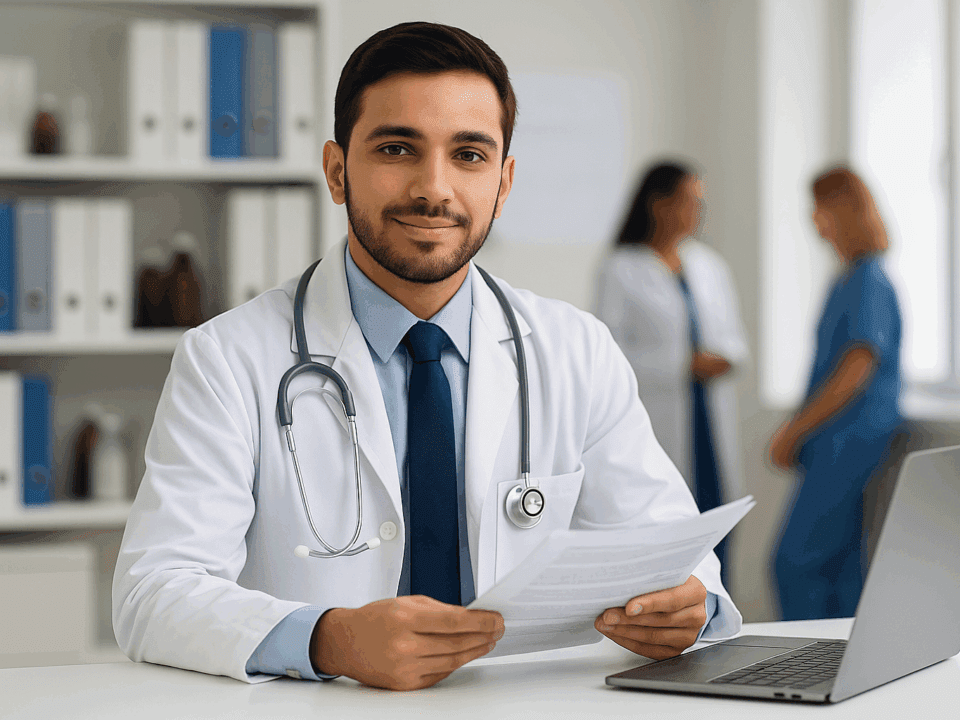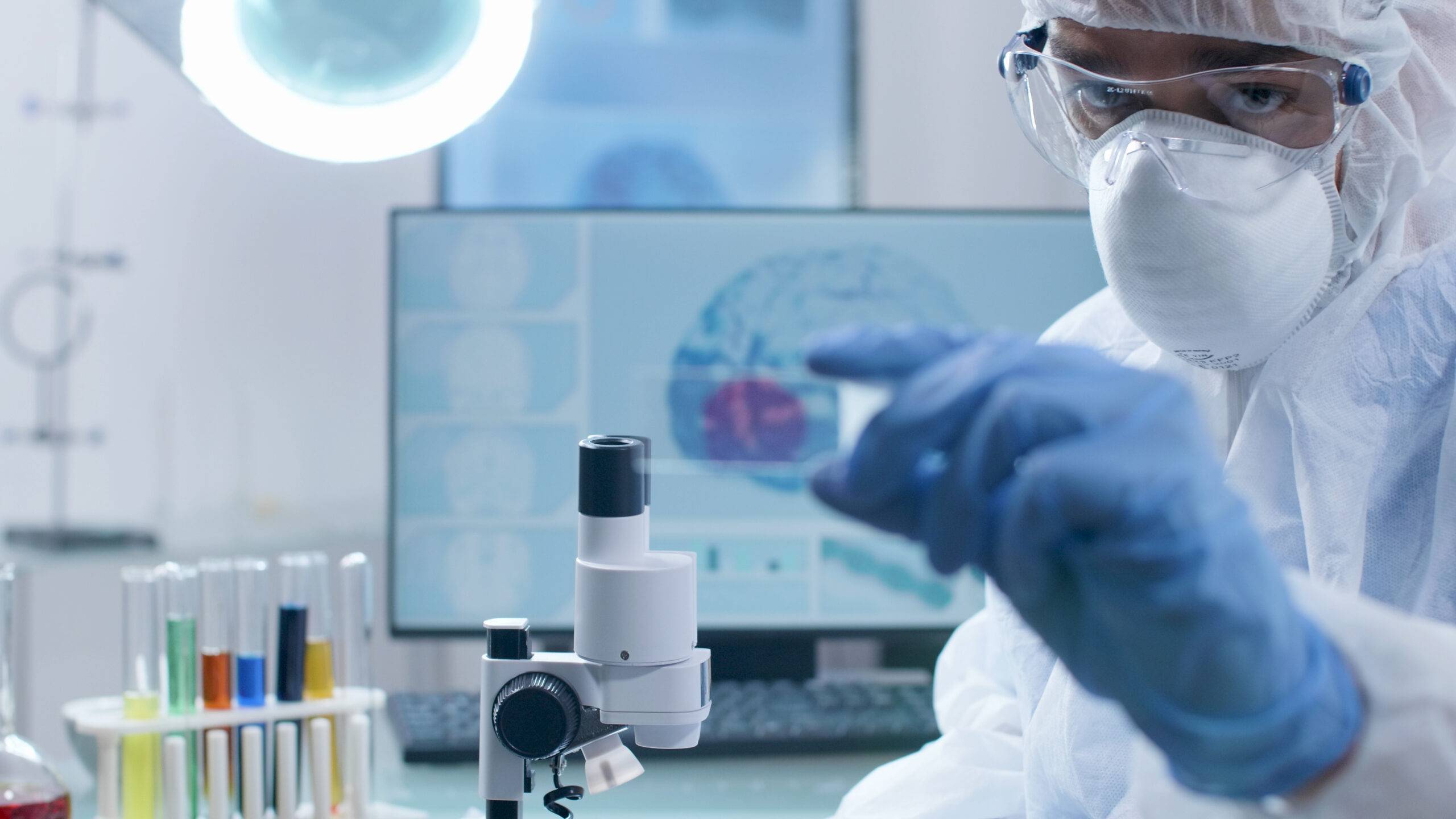
Safety is what an individual seeks. It is something we strive but which can never be fully attained, especially in pharmaceuticals and medicines. With the increasing number of medicines in the market, there is a need to check for adverse effects or toxicity in the medication on a regular basis.
Clinical Research and Pharmacovigilance evolved as an essential domain in the healthcare industry dealing with detection, assessment, and monitoring side effects of medicines that are available in the market. It touches every aspect of the drug lifecycle, from preclinical development to post-market surveillance. With the medical progressions and rapid inventions in the pharmaceutical industry worldwide, there is an increased risk of unpredictable potential harm. Hence, Pharmacovigilance plays a pivotal role in meeting the challenges of monitoring and regulating drug safety.
Significance:
These days there is a high demand for improvised medicines
“According to a research released by the World Health Organization (WHO) in November 2017, an estimated 1 in 10 medical products circulating in low and middle-income countries, are either falsified or substandard. The bogus-drug trade is not only a nation’s problem but a danger to the whole of mankind.”
Source: https://www.medlife.com/blog/10-ways-check-fake-medicines/
Such medication may cause adverse effects on public health. So, it becomes essential for the drug safety professional to check the quality of medicines regularly.
Pharmacovigilance ensures
- risks are anticipated and managed,
- regulations are appropriately implemented,
- communication between healthcare professionals and the public are improved to achieve global health well-being.

Market Trends:
A rise in medicine consumption, development rates, growing incidence rates of drug toxicity and adverse drug reactions, etc. are the principal factors fueling market growth. An increase in demand for continuous Pharmacovigilance for active surveillance of ADRs will render several opportunities for market expansion. Also, a sudden surge in adoption and acceptance of outsourcing by healthcare providers will stimulate market growth in the coming years.
Career Prospect:
The booming Pharmacovigilance and Clinical Research sectors provides a wide range of job opportunities across the globe. There is no shortage of jobs in this domain. Pharmaceutical companies, consulting firms, and contract research organizations continue to offer pharmacovigilance positions to skilled professionals. Skilled pharmacovigilance and clinical research specialists are required in risk management and mitigation. They discover toxic signals during development and post-approval phases in the lifecycle of a drug.
Sollers College is aiming to develop skilled professionals armed with the most relevant knowledge and expertise. The certificate program in Drug Safety Pharmacovigilance and Clinical Research provides methodical understanding and managing of the critical areas in pharmacovigilance systems. Sollers students gain hands-on experience in adverse event reporting, clinical trials, post-marketing activities, voluntary reports, triage, and ICSR generation. They can also sort out all the features of Argus Safety and how it facilitates drug safety business processes. This course helps to enhance skills and imbibe knowledge to develop professionally to the level expected in the pharmacovigilance industry. This course archives adverse drug reaction data and ensures regulatory decision-making of marketed drugs. Students also receive career guidance in resume building, interview coaching, and mock interviews after completing the certification.



